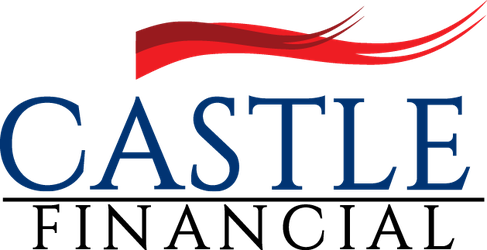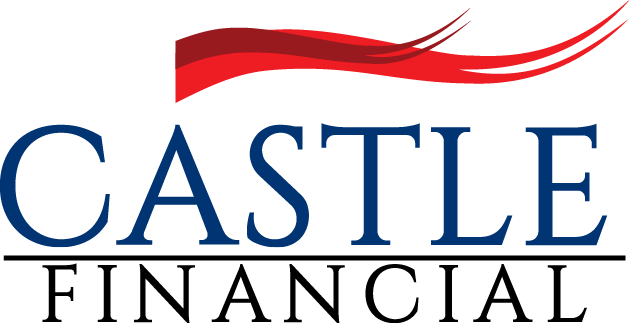
Jennifer Streaks
Feb. 8, 2024
Mortgage rates have settled at over 6%, and it doesn't look like that will change anytime soon. These high rates leave many hesitant or unwilling to buy a home right now. It doesn't help that the inventory of homes for sale is super limited, either.
If you've decided to wait on purchasing a home but want to put your money to work in the meantime, you have options.
Here are 4 places you can put your money to maximize your return if you think mortgage rates are too high:
1. High-Yield Savings Accounts
Higher rates mean your most liquid savings — those that might be set aside for an emergency fund or short-term goals like a vacation fund or even a down payment — can earn some money for you. The interest rates on savings accounts are at record highs.

If high mortgage rates and low home inventory have you rethinking becoming a homeowner right now, there are other solid ways to invest your money. Portra/Getty Images
Just make sure to choose an account that is FDIC insured, so you can rest easy knowing your deposits up to $250,000 will be protected should the bank run into trouble.
2. Certificates of Deposit
As of publish time, CD rates are as high as 6.50%, offering a great opportunity to earn extra money if you don't need your funds in the immediate future.
There are plenty of certificate of deposit options to match a variety of savings goals and timelines. Whether it's saving for just a few months to boost an emergency savings fund or collecting extra cash for a down payment, there's likely a CD to fit your needs. You can choose a CD that matures anywhere from three or six months to five years.
3. Debt Repayment
Being that consumers have more than $1 trillion dollars in credit card debt, you might be in a position to focus on canceling out your own debt.
Paying off debt is always a good thing, and can even put you in a position to get a lower mortgage interest rate down the road. Getting rid of debt also frees up money to grow your savings and take care of other expenses.
If you have a large amount of debt, look into debt consolidation options, whether that is a credit card balance transfer or a personal loan. If you don't transfer to a zero-rate balance card, another option might be to get a relatively low fixed-rate personal loan.
The best personal loan rate you can get will depend on your income, credit score, and debt-to-income ratio. To get the best deal, ask a few lenders for quotes before filling out a loan application.
4. Boost Your Retirement Savings Investments
There is no predicting how long interest rates will remain high. If you have a long-term investment plan in place, stick with it. If you don't have one, now is a good time to set one up. That includes saving regularly in your 401(k) and investing in a diversified portfolio.
Subscribe to Business Insider's Financial Insights Newsletter
This Business Insider article was legally licensed by AdvisorStream


